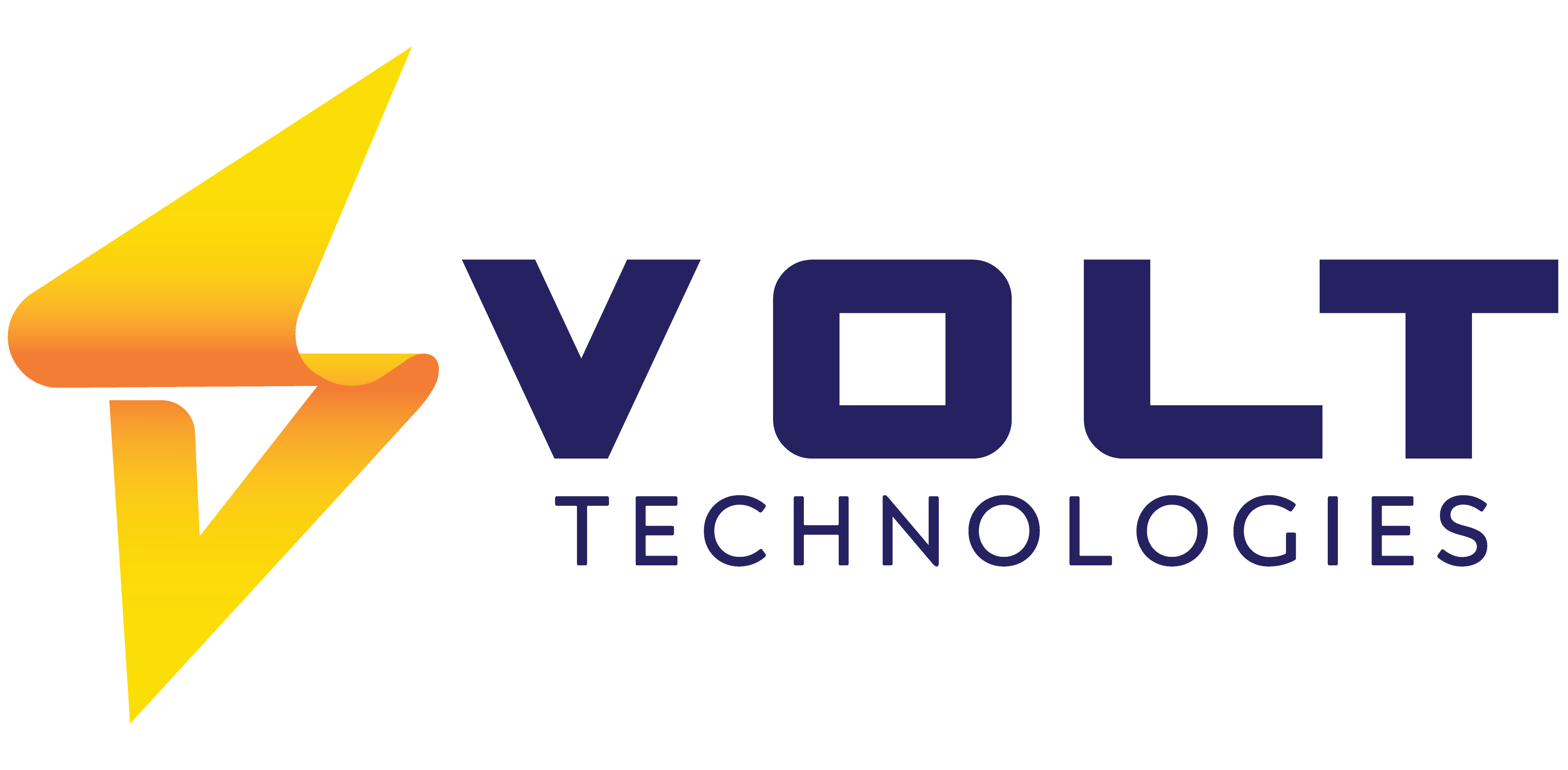Streamlining Production Scheduling with ERP Tools


Microsoft Dynamics 365 | Simplify your IT footprint and make decisions faster.
- November 10, 2025
Introduction: Streamline production. Maximize efficiency
Efficient production scheduling is vital for every manufacturer aiming to reduce delays and boost output. Yet many small and mid-sized businesses still rely on manual planning or disconnected systems that limit visibility.
ERP production scheduling software changes that by unifying production, inventory, and capacity planning into one real-time platform. Manufacturers can now streamline production scheduling with ERP, automate workflows, and make data-driven adjustments instantly.
According to Deloitte’s Manufacturing Insights Report, companies using ERP tools for production scheduling achieve up to 25% faster production cycles and 20% fewer scheduling errors.
With solutions like Microsoft Dynamics 365 Business Central, businesses gain production scheduling efficiency with ERP, reducing waste, optimizing resources, and meeting demand with greater accuracy.
The Role of ERP in Modern Production Scheduling
In manufacturing today, efficient production scheduling isn’t optional, it’s central to maintaining competitiveness. Modern ERP production scheduling software serves as the operational backbone by unifying data across departments, providing real-time visibility, and automating key workflows.
SoftwareSuggest notes that ERP for production planning delivers “real-time visibility into inventory levels, helping to prevent stock-outs and overstock situations.” (SoftwareSuggest)
By implementing ERP tools for production scheduling, manufacturers can:
- Align sales orders, raw materials, and production priorities without siloed data
- Automate schedule adjustments as machine availability or demand changes
- Improve resource allocation and reduce downtime through centralized control
For OEMs and process manufacturers alike, systems like Microsoft Dynamics 365 Business Central (implemented by Volt Technologies) become the digital core where planning, scheduling and execution connect, making streamline production scheduling with ERP not just a goal, but a daily reality.
How ERP Tools Streamline Production Scheduling
Modern ERP production scheduling software isn’t just nice to have, it drives efficiency, visibility and agility across manufacturing operations.
- Centralized Planning & Real-Time Visibility
ERP systems break down data silos, giving manufacturers live access to scheduling, inventory and capacity. For example, ERP platforms enable unified tracking of machine availability and materials.
This real-time integration supports the goal to “streamline production scheduling with ERP” by providing accurate information from a single source of truth.
- Automated Scheduling & Resource Allocation
With ERP tools for production scheduling, manufacturers can automatically allocate resources, reschedule tasks when machines go offline, and adjust to changing demand. Research shows ERP solutions enhance production planning and scheduling significantly.
This automation reduces idle time, error-handling and manual interventions. - Speeding Manufacturing Efficiency & Reducing Waste
Studies show that ERP systems improve manufacturing efficiency by ensuring resources, labor and materials are optimally allocated.
By implementing production scheduling efficiency with ERP, businesses reduce downtime, avoid overproduction and support smoother workflows.
Benefits of ERP-Based Production Scheduling for SMBs
For small and mid-sized manufacturers, adopting ERP production scheduling software delivers measurable gains in efficiency, cost control, and overall productivity. ERP systems connect planning, production, and delivery into one intelligent workflow, helping teams respond faster, minimize downtime, and make data-driven decisions.
1. Reduced Downtime and Waste
Automated scheduling through ERP tools for production scheduling minimizes machine idle time, production gaps, and bottlenecks.
According to Aberdeen Strategy & Research, companies using ERP for scheduling report a 22% improvement in on-time delivery and 15% less downtime due to better resource utilization.
Additionally, ERP systems use real-time production data to automatically reschedule tasks when delays or equipment issues occur, ensuring smooth, continuous operations. By combining AI-powered insights with ERP automation, manufacturers can predict and prevent disruptions before they happen.
2. Improved Collaboration Across Departments
An ERP system eliminates departmental silos by integrating procurement, production, inventory, and logistics into one unified platform. This ensures every team works from the same data, reducing miscommunication and improving coordination across the production lifecycle.
Forbes Technology Council highlights that manufacturers using integrated ERP tools achieve 20–30% faster decision-making due to synchronized data and process alignment. With ERP, planners, supervisors, and procurement teams can all track material flow, machine loads, and order priorities in real time.
3. Data-Driven Decision Making
Using production scheduling ERP dashboards, managers can monitor KPIs such as utilization rates, throughput, and lead times.
Panorama Consulting’s ERP Report found that 95% of organizations improved process visibility after ERP implementation, leading to faster and more confident decision-making.
Predictive analytics built into ERP systems like Microsoft Dynamics 365 Business Central help SMBs anticipate bottlenecks, optimize resource allocation, and align production plans with demand forecasts, turning raw data into strategic action.
4. Enhanced Flexibility and Scalability
One of the biggest advantages for SMBs is scalability. ERP production scheduling software grows with your business, whether you’re adding production lines, new suppliers, or expanded product ranges.
Cloud-based solutions such as Microsoft Dynamics 365 Business Central offer the flexibility to adjust capacity and workflows without major infrastructure changes, keeping operations lean and adaptable.
5. Stronger Supply Chain Synchronization
Integrating ERP tools for production scheduling with supply chain and inventory management ensures consistent material flow and on-time order fulfillment.
Gartner’s Supply Chain Report (2024) notes that businesses integrating ERP across their value chain experience 30% better material planning accuracy and improved customer satisfaction through timely delivery.
With Microsoft Dynamics 365 Business Central, Volt Technologies helps SMBs harness these advantages,aligning operations, optimizing workflows, and driving smarter production planning without the complexity of enterprise systems.
ERP Production Scheduling Best Practices for Manufacturers
Implementing ERP production scheduling software is most effective when guided by structured best practices. Successful manufacturers focus on clean data, automation, and continuous optimization to achieve real-time visibility and reliability in scheduling.
- Start with Process Assessment
Before automation, it’s crucial to analyze existing workflows. According to Deloitte Manufacturing Insights, businesses that assess processes before ERP rollout achieve 40% faster implementation success.
Volt Technologies provides detailed pre-implementation evaluations to align ERP tools with production priorities. - Ensure Data Accuracy
Accurate master data drives production scheduling efficiency with ERP. Inconsistent inventory, lead times, or resource data can derail even advanced scheduling systems. Keeping real-time data synchronized across departments prevents cascading delays. - Leverage AI and Automation
AI-driven modules like Microsoft Copilot enhance production planning through predictive insights and smart rescheduling. Gartner’s ERP Forecast Report notes that 70% of manufacturers adopting AI-enabled ERP tools see measurable scheduling efficiency within the first year. - Embrace Continuous Improvement
Production environments evolve, and ERP systems should evolve with them. Through ongoing optimization and feedback cycles, Volt Technologies helps SMBs refine ERP tools for production scheduling, ensuring long-term accuracy and adaptability.
Real-World Impact: ERP Scheduling in Action
Manufacturers adopting ERP production scheduling software are achieving measurable improvements in agility, accuracy, and throughput. These systems are redefining how production is planned, tracked, and optimized on the shop floor.
- A study of 127 manufacturing companies found that those investing in digital solutions reported a 28% improvement in scheduling efficiency, 41% better inventory accuracy, and a 34% reduction in supply chain disruptions (Source: EA Journals).
- According to R-Wave, ERP platforms with integrated scheduling, real-time monitoring, and automated resource allocation have significantly reduced bottlenecks and production downtime.
- Gartner’s Manufacturing Data Report (2024) further states that companies using AI-enabled ERP systems saw a 25% increase in production output and improved forecasting precision.
By implementing ERP tools for production scheduling, small and mid-sized manufacturers can:
- Dynamically allocate resources as demand or machine availability changes
- Monitor shop-floor performance, material inventory, and production loads in a single unified system
- Identify and resolve scheduling conflicts before they escalate into costly delays
- Use predictive analytics to forecast capacity needs and adjust workloads proactively
These outcomes are not limited to large manufacturers, SMBs can achieve similar results with the right tools and guidance.
At Volt Technologies, we help manufacturers implement and optimize these systems through our ERP & CRM Implementation Services and Continuous Improvement Services. Our team ensures that digital transformation leads to tangible outcomes, higher efficiency, reduced waste, and sustained growth through smarter, data-driven production scheduling.
FAQs – ERP and Production Scheduling
- How does ERP improve production scheduling efficiency?
ERP integrates planning, inventory, and operations into one system, giving manufacturers real-time visibility to adjust schedules instantly and eliminate bottlenecks. - Can small and mid-sized manufacturers afford ERP scheduling tools?
Yes. Cloud-based systems like Microsoft Dynamics 365 Business Central make ERP production scheduling software scalable and cost-effective for SMBs. - What KPIs should manufacturers track in ERP scheduling?
Key metrics include on-time delivery rate, capacity utilization, machine uptime, and production lead time, essential for improving production scheduling efficiency with ERP. - How does AI enhance ERP scheduling?
AI modules like Microsoft Copilot automate rescheduling, predict material shortages, and improve decision-making through real-time insights. - What makes Business Central ideal for production scheduling?
It combines flexibility, automation, and scalability, helping manufacturers streamline production scheduling with ERP while aligning finance, supply chain, and operations.
Conclusion – Building Smarter, More Efficient Production Schedules
In modern manufacturing, efficiency starts with data-driven scheduling.
By implementing ERP tools for production scheduling, manufacturers reduce downtime, increase output, and gain end-to-end visibility across production lines.
With solutions like Microsoft Dynamics 365 Business Central and Microsoft Copilot, manufacturers can plan, schedule, and execute with precision.
Volt Technologies, a trusted Microsoft Dynamics 365 Partner, empowers small and mid-sized manufacturers to achieve smarter, automated, and more efficient scheduling through tailored ERP solutions.
Ready to streamline your production scheduling and boost efficiency?
Partner with Volt Technologies, your expert in Business Central implementation and manufacturing ERP optimization, to build a connected, intelligent factory.
Contact Volt Technologies today to start your ERP transformation journey.
